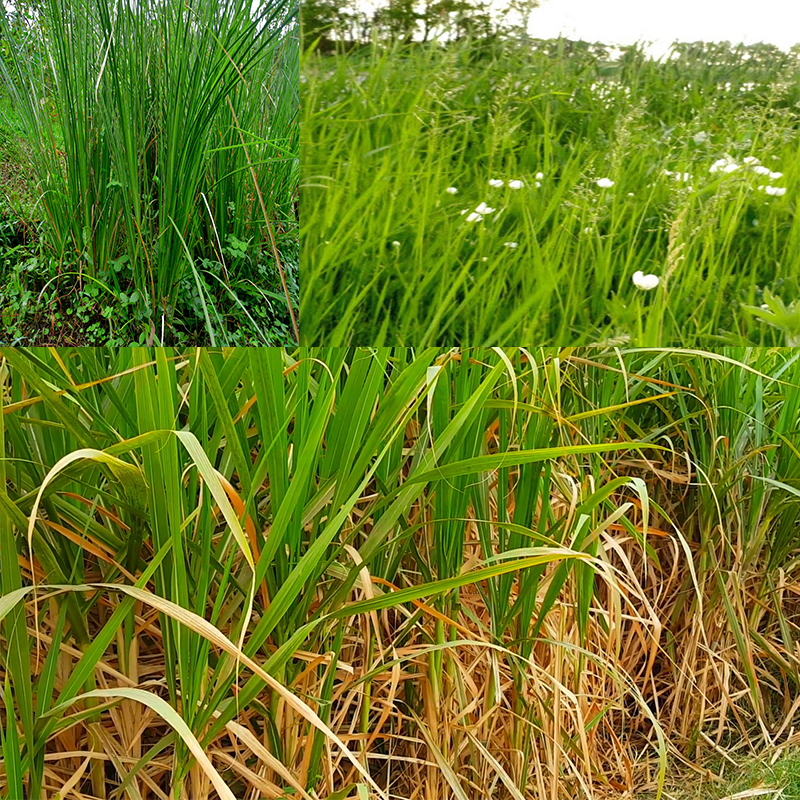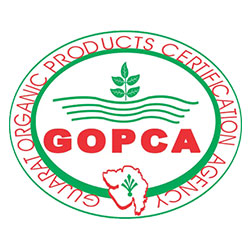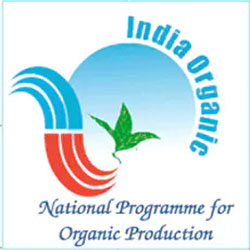Exploring Organic Grass and Fodder Suppliers in India
Grass and fodder play a crucial role in sustainable agriculture and livestock management. As the demand for organic and sustainable farming practices continues to rise, several suppliers, wholesalers, and dealers in India offer organic grass and fodder to meet the needs of farmers and livestock owners. In this comprehensive guide, we'll delve into the world of organic grass and fodder suppliers in India, highlighting the benefits, sourcing practices, and diverse uses of these essential agricultural resources.
The Significance of Organic Grass and Fodder
Sustainable Livestock Nutrition:
Organic grass and fodder serve as primary sources of nutrition for livestock, including cattle, sheep, goats, and horses. They provide essential nutrients, fiber, and roughage necessary for maintaining optimal health, growth, and productivity in animals.
Soil Health and Erosion Control:
Grass and fodder contribute to soil health by promoting microbial activity, enhancing soil structure, and preventing erosion. Their extensive root systems help bind soil particles together, reducing the risk of soil erosion and improving water infiltration.
Connecting with Organic Grass and Fodder Suppliers
1. Organic Farms and Pastures:
Visit organic farms and pastures that specialize in cultivating grass and fodder using sustainable and eco-friendly practices. These farms prioritize soil health, biodiversity, and animal welfare, ensuring the highest quality and nutritional value of their products.
2. Agricultural Cooperatives:
Explore agricultural cooperatives and farmer groups that collectively produce and distribute organic grass and fodder. These cooperatives often pool resources, knowledge, and expertise to offer a wide range of agricultural products to local communities.
3. Livestock Feed Stores:
Contact livestock feed stores and agricultural supply shops that stock organic grass and fodder for sale. These stores work with reputable suppliers and wholesalers to source high-quality feed options tailored to the nutritional needs of different livestock species.
Benefits of Organic Grass and Fodder
-
Nutritional Quality: Organic grass and fodder are rich in essential nutrients, vitamins, and minerals required for animal health and vitality. They provide a balanced diet for livestock, promoting optimal growth, reproduction, and milk production.
-
Grazing Behavior: Allowing livestock to graze on organic grass and fodder mimics their natural grazing behavior, promoting physical activity, digestive health, and overall well-being. Grazing also reduces stress and boredom in animals, leading to happier and healthier livestock.
-
Environmental Sustainability: Organic grass and fodder production supports sustainable agriculture by minimizing the use of synthetic fertilizers, pesticides, and herbicides. It promotes biodiversity, soil conservation, and ecosystem resilience, contributing to long-term environmental sustainability.
Culinary and Medicinal Uses of Grass and Fodder
While primarily used as feed for livestock, certain types of grass and fodder have culinary and medicinal applications as well:
-
Herbal Teas: Some varieties of grass and fodder, such as alfalfa and barley grass, are used to make herbal teas known for their detoxifying and antioxidant properties. These teas are consumed for their health benefits and refreshing flavor.
-
Traditional Medicine: In traditional herbal medicine, certain grasses and fodder are used to prepare poultices, infusions, and decoctions for treating various ailments, including digestive disorders, inflammation, and respiratory infections.
Tips for Using Organic Grass and Fodder
-
Species Selection: Choose grass and fodder species that are well-suited to the local climate, soil conditions, and livestock requirements. Consider factors such as drought tolerance, palatability, and nutritional content when selecting varieties for cultivation.
-
Rotational Grazing: Practice rotational grazing techniques to maximize pasture productivity, optimize forage utilization, and prevent overgrazing. Rotate livestock between different paddocks or pastures to allow grass and fodder to regrow and regenerate.
-
Soil Management: Implement soil conservation practices, such as cover cropping, mulching, and composting, to improve soil fertility, moisture retention, and nutrient cycling. Healthy soils support vigorous grass and fodder growth, resulting in higher yields and nutritional quality.
Embrace Organic Grass and Fodder for Sustainable Agriculture
Organic grass and fodder are essential components of sustainable agriculture, supporting livestock nutrition, soil health, and environmental stewardship. By connecting with trusted suppliers, wholesalers, and dealers in India, farmers and livestock owners can access premium-quality organic grass and fodder that promote animal welfare, farm profitability, and ecological resilience. Embrace the benefits of organic grass and fodder in your agricultural operations, and contribute to a more sustainable and resilient food system for future generations.






